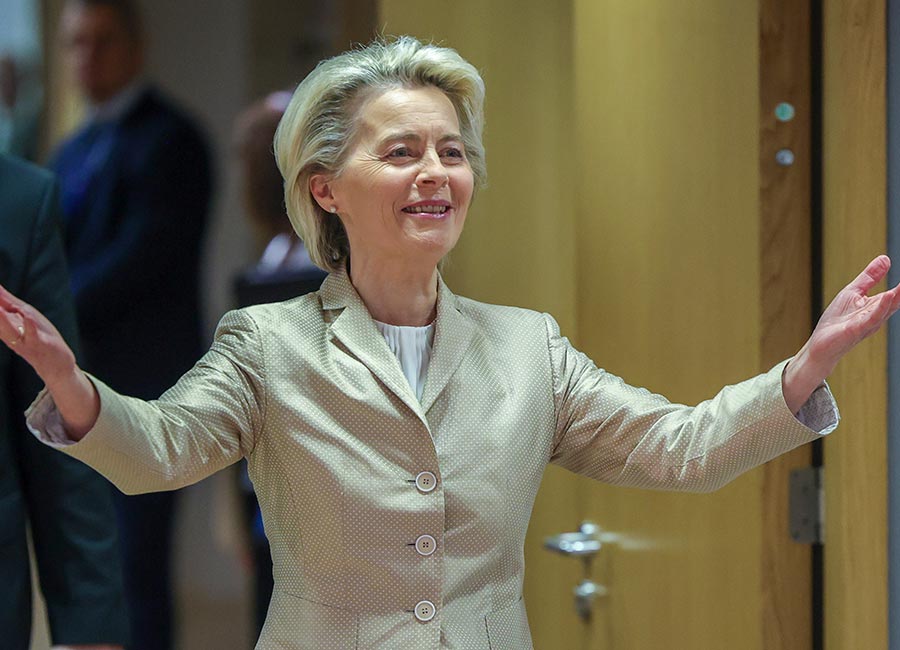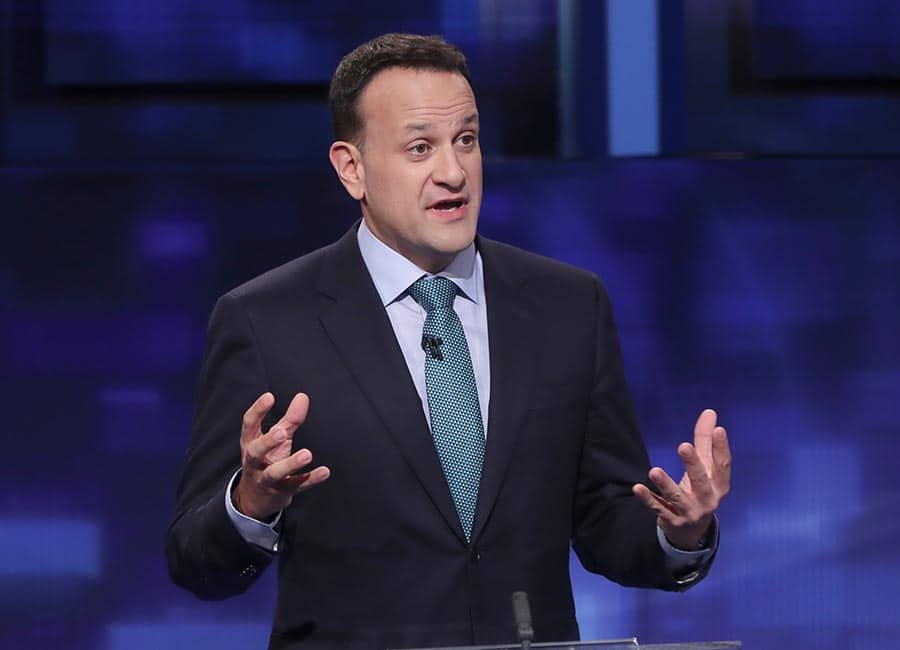Any windfall tax on energy companies will be backdated to the start of the energy crisis, Tánaiste Leo Varadkar has said.
The proposed levy is one of the measures under consideration by Government to offset soaring energy costs hitting families and businesses.
Mr Varadkar told the Dáil yesterday that the measure would "apply to profits made this year", a move that would give the Government more financial fire power to tackle the cost-of-living crisis.
Government sources have said that it is "almost certain" that a windfall tax will be introduced.
EU ministers will meet on September 30, three days after the Budget on September 27, to sign off on proposals for an EU-wide windfall tax, which could raise €140billion, but it is not yet clear how big a share Ireland will receive.
The Government is keen to have more clarity before then, with Mr Varadkar saying it will "influence the decisions that we make on Budget Day".
Yesterday, Mr Varadkar flagged several measures to ease the financial burden on households.
"We'll be able to reduce your taxes and the Budget will be able to increase the pension and other welfare payments," Mr Varadkar said. "We'll be able to take specific actions to help people with their energy bills and all of that will be ready for the package that's announced on Budget Day."
During Leader's Questions in the Dáil yesterday, Social Democrats' co-leader Catherine Murphy said the Government "must" introduce a windfall tax.
She said it is "grotesque to see the level of obscene profiteering by energy companies which is accompanying an energy crisis caused by Russia's barbaric invasion of Ukraine".
Ms Murphy asked the Tánaiste if any windfall tax introduced as part of the Budget on September 27 would be "backdated to capture the obscene profits that have been made this year".
Mr Varadkar confirmed that the Government is "minded" to introduce the tax.
"We need to work out the details of that but, certainly in principle, the Government has agreed that that is something that we will pursue and it will form part of the Budget," he told the Dáil.
"What we have to work out is how it will apply and how it will work, and that is not straightforward. However, as it would apply to profits made this year, it would be backdated to the beginning of the energy crisis earlier this year because profits are taxed on an annual basis.
"It would, of course, apply to profits made this year hitherto. If that is what the deputy means by 'backdated', the answer is yes."
On Wednesday, European Commission President Ursula von der Leyen proposed a windfall tax on power companies that could raise up to €140billion.

Senior Government sources said it is still unclear how much money Ireland would receive under these proposals. Mr Varadkar said he could not "explain or interpret" the proposals as they are not agreed and "quite frankly, they are not entirely clear".
He added: "It is intended to have an agreement before the end of the month but, hopefully, we know what the shape of that agreement looks like because it will influence the decisions that we make on Budget Day."
Mr Varadkar, who is the Minister for Enterprise, Trade and Employment, also vowed that supports would be given to businesses grappling with high energy costs.
In the "worst-case scenario", he said, schemes such as the Wage Subsidy Scheme used during the pandemic could be brought in.
"The worst-case scenario, which is highly unlikely, is of gas being unavailable or totally unaffordable, in which case businesses cannot operate," Mr Varadkar said.
"We then would do something like the employment wage subsidy scheme or the Covid restrictions support scheme. The businesses would be surviving and the staff would continue to get paid but they would not be able to operate. The more likely scenario is of businesses still operating but having to do so with very high energy bills."
Speaking in Tallaght yesterday, Taoiseach Micheál Martin said that, regardless of income from the windfall tax, the Budget surplus would provide the "fire power" needed to ease the cost of living crisis.
But he refused to put a figure on how much the measure could raise, saying: "It very much depends on the ultimate formula the EU Council of energy ministers will arrive at."
He added: "But there will be a stream of revenue from it. The real fire power is in the surplus that we have right now [for the Budget] to enable us to get through the first phase of this crisis. We have to be conscious of early spring. The revenue from that measure that Europe will introduce can be helpful in the medium term."








